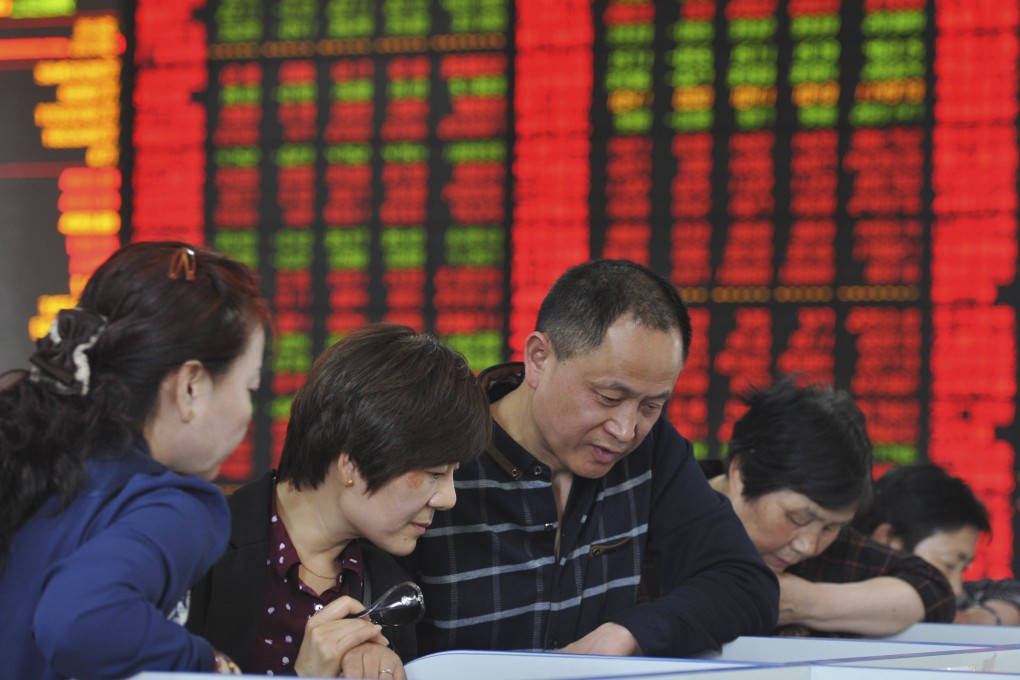Opinion | 'Mad bull' stock market will do more harm than good to China's economy
Hu Shuli says unfaltering reform is essential to ensure a healthy market in the long term and only then can it help raise falling growth rates

The mainland stock market is on a roll, giving rise to a view that it could help revive the slowing economy. The two have an interesting relationship, and there are advantages and disadvantages to using the market to boost growth. Yet, in the current circumstances, the stock market will be hard pressed to perform that role.
The Shanghai Composite Index has doubled since the second half of 2014, and turnover keeps surging. However, the mainland economy faces growing downward pressures. GDP growth in the first quarter slowed to a six-year low of seven per cent; the stock market has been faring too well, compared with economic performance.
Some say the bull run shows investor confidence in reforms because they are putting their money into stocks. Last year, we said the stock market should be a "reform-created bull". But that doesn't mean it will be. Given the reform challenges, it is hard to buy into the view that the bull run has been due to rising expectations of reform.
No one will disagree if we say the bull in the market is a "cash cow". Margin trading and short selling have exceeded 1.7 trillion yuan (HK$2.1 trillion), stock collateral loans amount to 700 billion yuan, and capital raised through trust companies' private equity funds has reached some 500 billion yuan. It's impossible to estimate how much has been raised from the public. If the bull run is a result of fund flows, rather than market fundamentals, the going will be choppy. That won't help the economy.
Those who believe otherwise say the market can help lower financing costs, create wealth and boost consumption. Indeed, a rising stock market benefits companies seeking expansion, as long as it's a healthy market. In one full of "irrational bubbles", businesses will only take money. Worse, many will focus on speculation and become less productive. The so-called "wealth effect" is a mirage. Since the bull run began, consumption has been falling, not rising.
The economy faces many challenges, including overcapacity, high local debt, slow fiscal revenue growth and looming risks in the real estate and financial sectors. A rising stock market can create an illusion of prosperity, but cannot solve such thorny problems.
